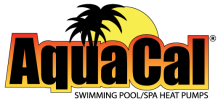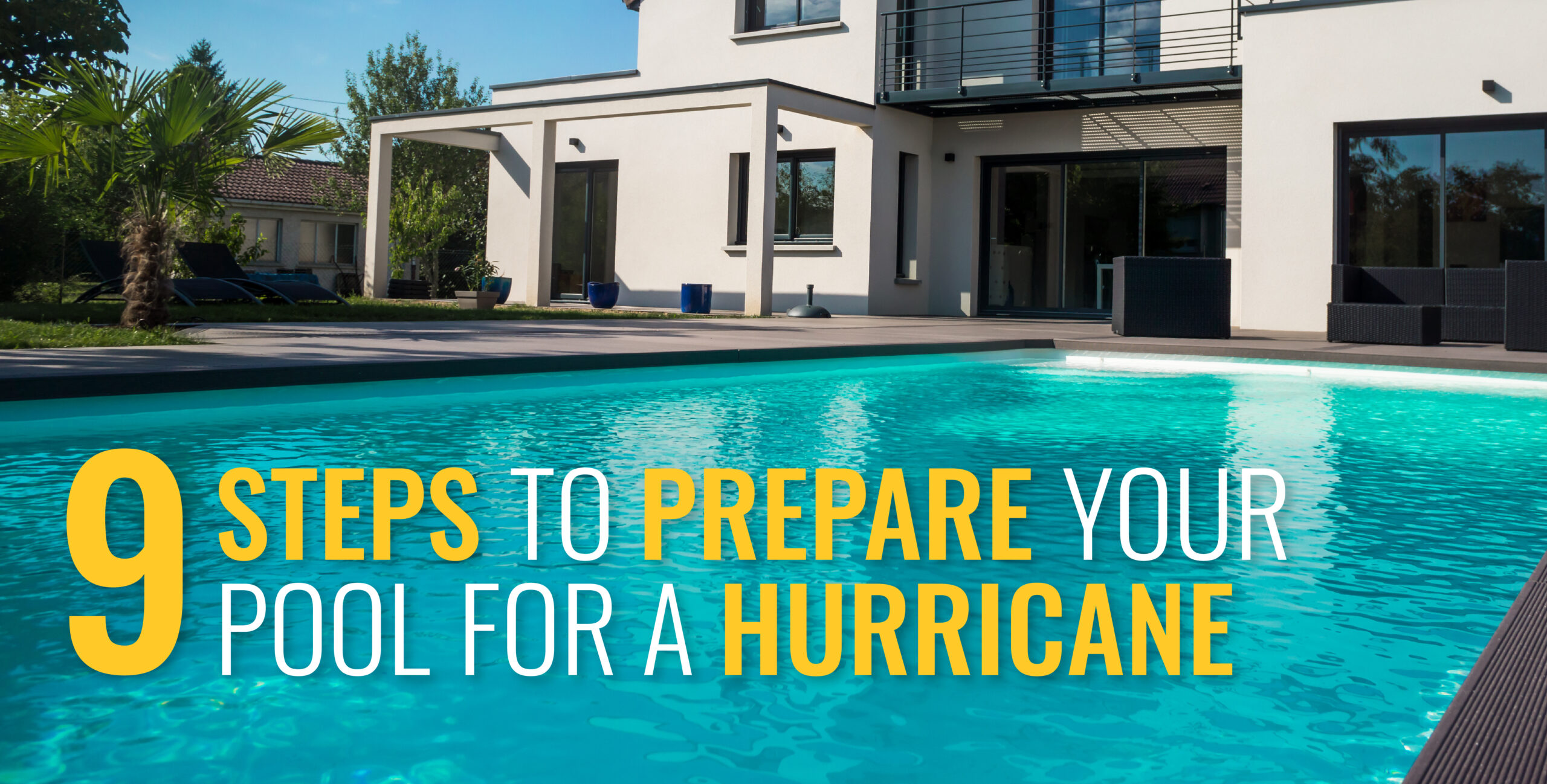As hurricane season approaches, it's crucial to ensure the safety of your property, including your…

Will a Swimming Pool Heat Pump Work in Dry Climate?
Many articles have been written about air source heat pumps utilizing ambient air to transfer heat instead of creating it, thus, saving you money on electrical use. With that being said, it is also known that air source heat pumps need the humidity from the air to be faster when transferring this heat and warming your pool water quicker. Will a Swimming Pool Heat Pump Work in Dry Climate? We will explore this question during this article.
The Reality
Most heat pumps are rated at 80°F (27°C) swimming pool water temperature, 80°F (27°C) ambient temperature, and 80% relative humidity. A heat pumps BTU output may drop by 6%, depending on equipment design, when relative humidity drops from 80% to 63%.
Yes it is true that air-source heat pumps operate better in temperatures over 50°F (10°C) and a heat only swimming pool heat pump can work effectively down to the mid to lower 40°s. However, a point to remember is that ambient temperature plays a major role when it comes to air-source heat pumps. The colder the air, the less heat your heat pump will be able to produce.
Reversible Units
Reversible units, such as AquaCals ICEBREAKER, can operate when the outside temperature is down to mid to low 20°s, a good rule of thumb of for these units: The highest water temperature rise you can get from an air-source heat pump is 30° (In a perfect world/perfect conditions). For example, if the outside air temperatures average is 30°F the hottest temperature you will get out of your pool is around 60°F.
High Temperatures
The higher the water temperature and the lower the humidity, the greater the evaporation rate will be in the pool. The cooler the outside air being drawn into the heat pump is, the more energy an air-source heat pump will use in relation to the heat produced. However, if living in an area of warm or mild weather, this would not usually be an issue.
Conclusion
Air-source heat pumps can operate in a variety of weather conditions. You could have cold weather, high temperatures low or high humidity and a heat pump can be for you. The difference would be in efficiency and how long it would take for the unit to heat your pool to your desired temperature.
For those of you in cold weather climate, an air-source heat pump can also be used, like the AquaCals ICEBREAKER, if you would like to learn more about how these heat pumps work, please click here
Please feel free to leave us any comments and/or questions, we would be happy to answer them for you!




Hello,
I’m in the process of redoing my pool deck and before making final design decisions on a planter wall, trying to understand how much space from a fence I should be leaving for a pool heater. I may elect to buy on this season but at the minimum, need to know in the next week or two what dimensions I should be expecting from the unit and how much space, if any, should be left from a wood fence so I don’t eliminate my ability to add with the wall installation. I am in Northern California.
Some sites suggest a foot all the way around but some photos of installed units have them right up against a wall.
Thanks!
Hi Michael,
Our heat pumps require 12″ clearance around the unit and 5′ above for good air flow. You need 30″ at the front panel for servicing. Let us know if you have any questions.
Thanks,
AquaCal
We have a pool with 10,000 gallon.
We are heating if we can with solar mats on our roof, but during the winter (October through April), we live in Poway (92064), Southern California.
We have 37 solar panels for electricity to run an electric heater, but are confused about temperature and humidity with electric heaters.
Do you think this would be a good way to go? What are concerns?
Any input would be appreciated.
Hi Petra, heating a 10,000 gallon pool with a heat pump would be very easy to accomplish and is an excellent choice. Regarding solar, if the heat pump is tied into solar heating for the pool , the heat pump is better suited to be plumbed before the solar heater. The reason for this is the hot water from the solar would enter the heat pump and raise the current water temperature well above the actual water temperature and not allow the heat pump to run if needed.
Please let us know if you have any additional questions. We can also be reached by phone M-F, 8-5 EST at #727-823-5642.
Thank you,
Barry
I am a member of Marrakesh Country Club in Palm Desert. I am an electrical engineer, retired utility executive, and was asked by the Board of Marrakesh to look into energy saving strategies for our pools. I would like to consider the cost and performance of using your heat pump swimming pool heaters to heat our pools year round.
I will be taking dimensions and gathering cost data this next week. I have been told that energy costs for the 14 pools is about $200k/yr
Good Afternoon Mr. Fletcher,
Hope you are doing well. Do to the commercial nature of your request, it would be best to get you in touch with our Aquatics Engineer Stan Crisp.
He will be able to get your facility sized up to where we can save you some money at the site for heating / cooling. Please call us at 727-823-5642 to be placed in contact with Stan.
Thanks,
Robert
Hi Fredric,
Please call us at 727-823-5642 with the size of each pool and we will be happy to assist.
Thanks,
you talk about a 6% drop in efficiency when relative humidity drops from 80% to 63%. Well, 63% is NOT a dry climate. What happens to the steepness of the drop in efficiency when the relative humidity drops to 40%? 20%? You talk about air temperature impacts, but the article is supposed to be about "dry climates". OK, I'll give you that most "dry climates" are also fairly warm, but I found noting in here to tall me if a heat pump will raise the temperature of my pool in my "dry climate". I'd really love to know the answer….
Good afternoon Mike-
Yes, heat pumps are able to heat pools in dry climates. We have customers in Arizona, Texas, Nevada, Southern California, New Mexico as well as Saudi Arabia, Dubai, United Arab Emirates & Egypt heating with no problems. The ambient air temperature is the most critical factor when heating and higher humidity simply helps transfer the heat faster.
Please feel free to contact us if you have any further questions!